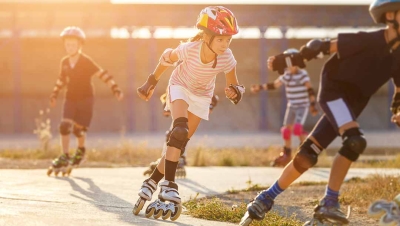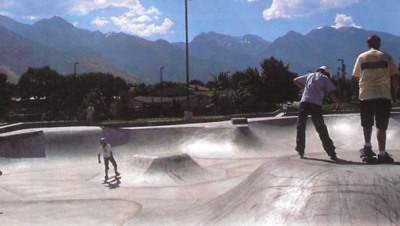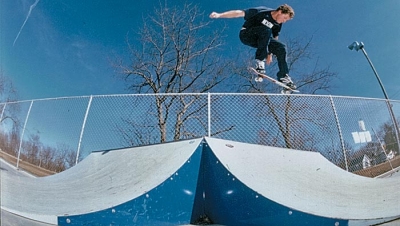Understanding the Issue
Skateboard. The word alone may send chills up your spine if you have been impacted by this trend. The increased popularity of skateboarding has created new challenges and issues for our society to address.
One issue is the need to restrict skateboarding in certain areas due to liability concerns and the destruction of property that can occur from the skateboard. We’ve all seen the signs, “No Skateboards Allowed.” Although these signs do not necessarily deter skateboarders from riding in those areas, they do provide a method of enforcement.
The second issue is the need to store skateboards when they are not being used or are restricted from designated areas. It isn’t practical for the skateboarder to carry his skateboard around, nor is it a good idea to have skateboards piled up in a corner or cluttering up valuable storage space. Plus, agreeing to hold the skateboard exposes you and your organization to additional liabilities. What if the skateboard is stolen while in your possession, or a staff person (or even worse, a customer) trips and falls because of the skateboard?
Unfortunately, the simple solution to these issues is to ban skateboards altogether, which is exactly what many people have decided to do. Many municipal governments have created city ordinances, and school districts have passed district-wide policies to assist with the “skateboard banning process.”
We need to understand these issues and treat them as two distinctly separate problems. Banning skateboards altogether due to liability concerns and property damage (either potential or real) is wrongfully limiting the skateboarder who isn’t riding in restricted areas, ignoring posted signs and/or destroying property. The reality is that skateboards are utilized every day by thousands of people, predominantly youth, not only for recreational purposes, but as a convenient, compact, and economical mode of transportation. In many cases, this alternative mode of transportation has replaced the bicycle. This has created a storage issue, not a liability or property damage issue.
It is wrong to discriminately restrict the use of skateboards as a mode of transportation because we lack a storage solution. There are skateboard storage and security solutions available. We have a responsibility to provide skateboard storage devices in the same way we provide bike racks for bicycles. Providing the skateboard storage infrastructure will help our society become more tolerant and accepting of skateboards. Our society didn’t decide to ban bicycles because of liability concerns, the potential for property damage, and/or the lack of storage solutions. Instead, our society developed a solution for the storage issue by creating the bike rack, and over time our society became tolerant and accepting of these devices. Almost all schools have bike racks, and municipal governments have even passed city ordinances requiring bike racks at public locations.
Doesn’t banning skateboards send a mixed signal to the skateboarder? We preach to youth about childhood obesity, watching too much television, spending too much time playing video games, having low self-esteem, not setting goals, and the lack of positive role models in their lives. Skateboarding, like any “traditional” sports activity, addresses these concerns. In addition, we use tax money to build public skateparks for our communities. However, the only place the community is tolerant of skateboarding is at the skatepark (if the community is lucky enough to even have a skatepark). In many cases, skateparks are strategically placed near schools, community buildings, recreation centers and retail areas. However, many of these locations adjacent to the skateparks have banned skateboards. Again, this is sending a mixed signal. The youth will want to bring their skateboards to school so they can utilize the skatepark after school. Likewise, if the skatepark is close to a community or recreation facility the skateboarder will want to enter the facility to participate in programs, use the vending machines, get a drink of water, and use the restroom.
Skateboards have challenged us, and I challenge you to differentiate the issues, seek solutions for skateboard storage and security, and handle issues of liability and property destruction on a case by case basis. Please don’t penalize all skateboarders because of a few isolated incidents, or the lack of storage solutions. There are alternatives that create a win-win solution for not only the skateboard rider but also for you and your organization.
To learn more about storage and security solutions for skateboards visit www.boardloch.com.











Add new comment